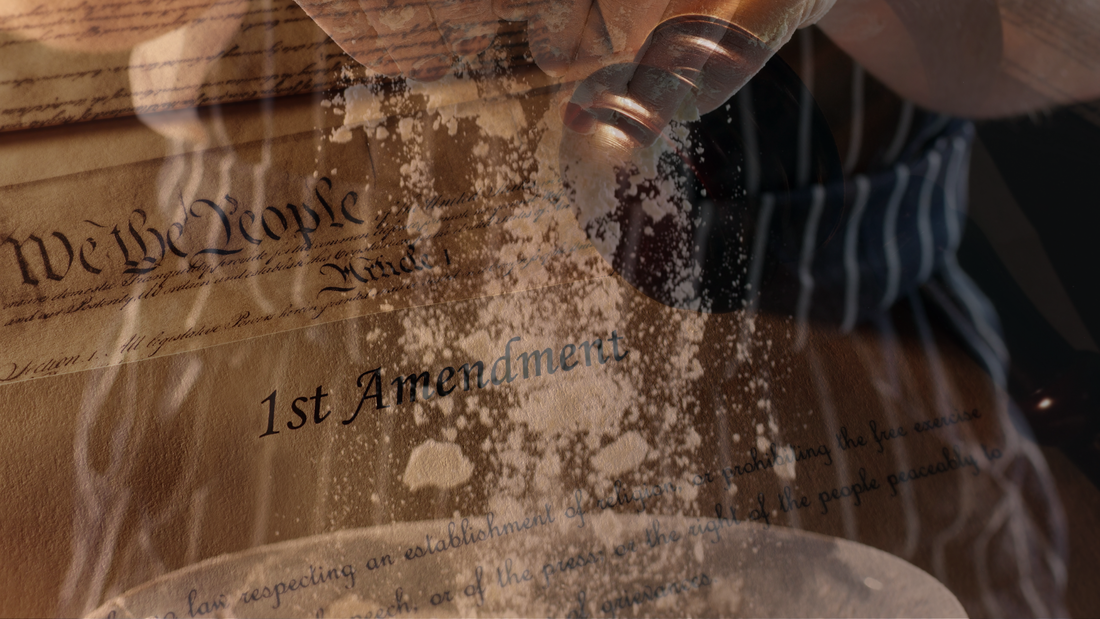|
Jack Phillips, the owner of Masterpiece Cakeshop, who famously refused to bake a cake for a same-sex wedding in 2012 and sparked a lawsuit that led all the way to the U.S. Supreme Court, is back in court again. This time, he is being sued for refusing to bake a birthday cake celebrating a gender transition.
On January 26, the Colorado Court of Appeals ruled that Jack Phillips violated Autumn Scardina's rights by denying her service because of her identity as a transgender woman. The Court of Appeals affirmed a lower trial court decision by holding that Phillips violated state anti-discrimination law by not making a cake to celebrate a gender transition. This most recent decision mirrors the trajectory of Masterpiece Cakeshop v. Colorado Civil Rights Commission, which Phillips also lost in both the trial court and the Court of Appeals. When the Supreme Court heard it, the Justices issued a 7-2 opinion that found for Phillips, though on the narrow grounds that the state commission had not employed religious neutrality. In this latest case, the court in Colorado held that refusing “the act of baking a pink cake with blue frosting,” two of the colors of the Transgender Pride flag, “does not constitute protected speech under the First Amendment.” Scardina attempted to order her cake on the same day in 2017 that the Supreme Court announced it would hear Phillips’ appeal in the wedding cake case. Scardina first filed a complaint against Phillips with the state and the civil rights commission, which found probable cause that Phillips had discriminated against her. During the trial, Scardina testified that she wanted to “challenge the veracity” of Phillips’ statements that he would serve LGBTQ customers. In response, Phillips filed a federal lawsuit against Colorado, accusing it of a “crusade to crush” him. In March 2019, lawyers for the state and Phillips agreed to drop both cases under a settlement. Scardina was not a party to that settlement and chose to pursue the lawsuit against Phillips and Masterpiece on her own. In its most recent decision, the Court of Appeals found that Colorado’s anti-discrimination law – which makes it illegal to refuse to provide services to people based on protected characteristics like race, religion, or sexual orientation – does not violate the right of business owners to practice or express their religion. Phillips and his lawyers have declared their intent to appeal. It would be wrong to allow denial of services against Americans based on sexual orientation. That rule, however, should grant reasonable and narrow exceptions for services that engage the artistic and creative talents of a photographer, a portrait painter, a website designer, or a craftsman who makes cakes with messages. Autonomy over what a person produces, including the message conveyed by the product, are a critical component of free expression. As with the pending 303 Creative case before the Supreme Court, the key issue is whether people in an expressive business have the right to decline to engage their creativity in the service of a message that violates their cherished religious beliefs. * * * Along these lines, we’d like to report some good news at Yale Law School. Last March, a progressive atheist and a conservative Christian were harassed by an ugly protest over a – get this – panel discussion about free speech. Kristen Waggoner, who heads Alliance Defending Freedom, a conservative Christian advocacy group, had her presentation repeatedly interrupted by more than 100 protestors. The reputational damage to the school was intense, with federal Judge James Ho in September announcing he would not consider Yale law graduates for clerkships. In September, Eugene Volokh, Protect The 1st Senior Legal Advisor, suggested that Yale could undo much of the damage to its reputation by inviting Waggoner back to speak “and not have to leave the building with a police escort – or even leave having had a pleasant experience.” If so, “that would go a long way toward showing an improved intellectual environment at Yale.” In late January, Waggoner was invited to return to Yale, along with the ever-engaging Nadine Strossen, former ACLU president and professor at New York Law School, and Robert Post of Yale Law. Volokh reports that the discussion went “swimmingly.” Much of the discussion centered around Waggoner’s appearance before the U.S. Supreme Court to discuss none other than 303 Creative. Volokh observes that this case, whichever side you take, is “one of the most interesting, important, and high-profile cases of the current Term, so it’s obvious why a law student group might want to host an event with one of the lawyers who argued it.” Commenting on this favorable development, Gene Schaerr, Protect The 1st general counsel and a graduate of Yale Law School, observed: “It is heartening to see Yale Law return to collegial debate and discussion.” And it will be fascinating to observe how courts – including the Supreme Court in 303 Creative – parse the rights and responsibilities of people whose mode of work is expressive. Comments are closed.
|
Archives
June 2024
Categories
All
|
ABOUT |
ISSUES |
TAKE ACTION |



 RSS Feed
RSS Feed